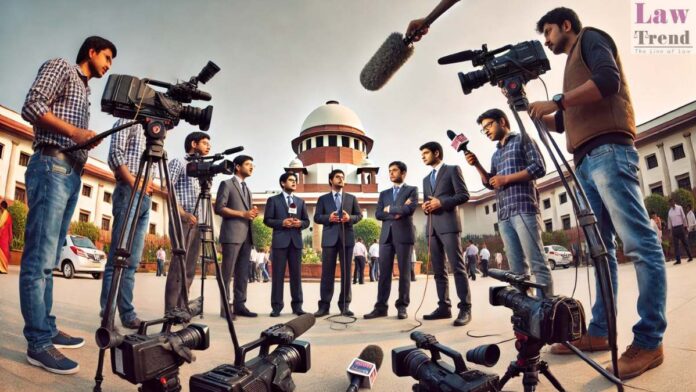The Supreme Court of India, in a significant ruling, has quashed criminal defamation proceedings against several journalists, including Jaideep Bose, Nergish Sunavala, Swati Deshpande, and others, who were accused of defaming M/s. Bid and Hammer Auctioneers Pvt. Ltd. through news articles published in The Times of India, The Economic Times, Mumbai Mirror, and Bangalore Mirror
To Read More Please Subscribe to VIP Membership for Unlimited Access to All the Articles, Download Available Copies of Judgments/Order, Acess to Central/State Bare Acts, Advertisement Free Content, Access to More than 4000 Legal Drafts( Readymade Editable Formats of Suits, Petitions, Writs, Legal Notices, Divorce Petitions, 138 Notices, Bail Applications etc.) in Hindi and English.




